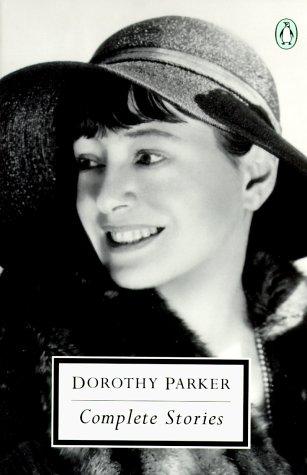 Adelaide Wheelock’s friends – and she had many of them – said of her that there was no nonsense about her. They and she regarded it as a compliment.
Adelaide Wheelock’s friends – and she had many of them – said of her that there was no nonsense about her. They and she regarded it as a compliment.
Sister, the Wheelocks’ five-year-old daughter, played quietly in the gravel path that divided the tiny lawn. She had been known as Sister since her birth, and her mother still laid plans for a brother for her. Sister’s baby carriage stood waiting in the cellar, her baby clothes were stacked expectantly away in bureau drawers. But raises were infrequent at the advertising agency where Mr. Wheelock was employed, and his present salary had barely caught up to the cost of their living. They could not conscientiously regard themselves as being able to afford a son. Both Mr. and Mrs. Wheelock keenly felt his guilt in keeping the bassinet empty.
Sister was not a pretty child, though her features were straight, and her eyes would one day be handsome. The left one turned slightly in toward the nose, now, when she looked in a certain direction; they would operate as soon as she was seven. Her hair was pale and limp, and her color bad. She was a delicate little girl. Not fragile in a picturesque way, but the kind of child that must be always undergoing treatment for its teeth and its throat and obscure things in its nose. She had lately had her adenoids removed, and she was still using squares of surgical gauze instead of handkerchiefs. Both she and her mother somehow felt that these gave her a sort of prestige.
She was additionally handicapped by her frocks, which her mother bought a size or so too large, with a view to Sister’s growing into them – an expectation which seemed never to be realized, for her skirts were always too long, and the shoulders of her little dresses came halfway down to her thing elbows. Yet, even discounting the unfortunate way she was dressed, you could tell, in some way, that she was never going to wear any kind of clothes well.







